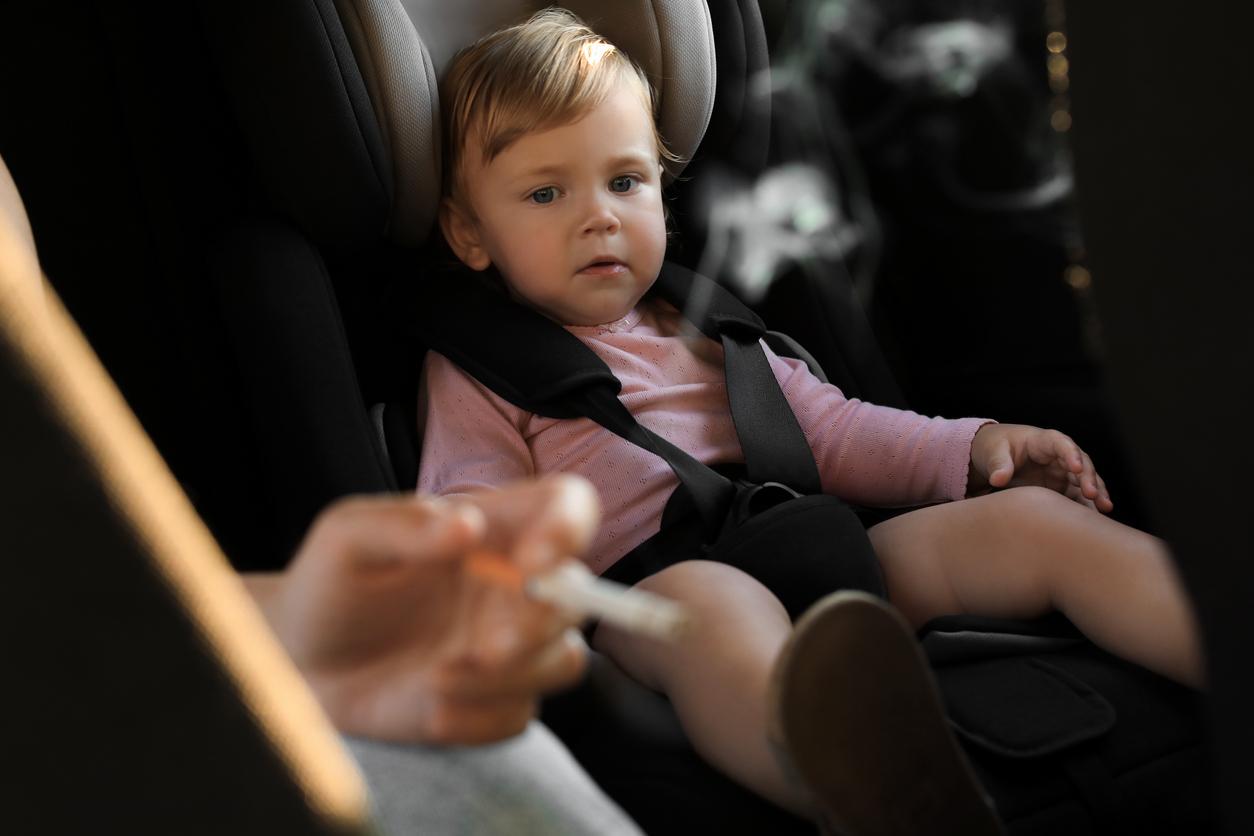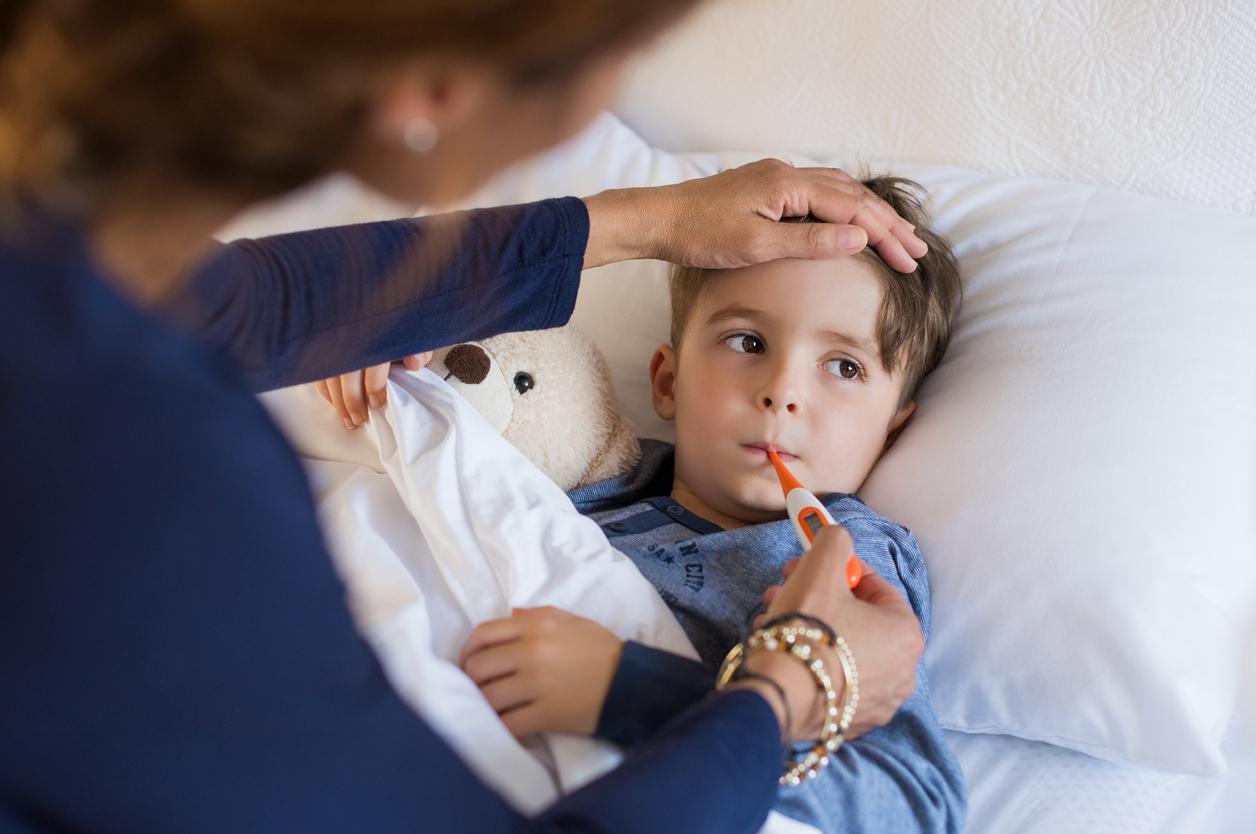Children conceived using sperm donation have a health and well-being close to that of the general population, according to the results of a study published in the medical journal Reproductive BioMedicine.
Researchers from the Murdoch Children’s Research Institute (Australia) analyzed the psychosocial development of 224 children aged 5 to 11, conceived by IVF. It is one of the few studies to describe the health outcomes of children conceived by IVF. The retrospective descriptive study used questionnaires with validated scales to measure psychosocial and mental health, health care needs and child development. These questionnaires were completed by the mothers of the children.
The health of children born thanks to sperm donation is good
The results showed that the well-being and health of the children was similar to that of the general Australian population.
The health and well-being of mothers was also measured. The results suggested that these women appeared to have better physical and mental well-being than the Australian population in general.
“For prospective parents, the decision to use sperm donation may seem like a step into the unknown,” said Professor David Amor of Murdoch Children’s Research Institute. “Our results should reassure that the physical, psychological and mental health of children conceived using donor sperm is similar to that of children in the general population.”
Another interesting finding from the study was that the type of family structure (heterosexual couples, single women, or lesbian couples) did not appear to affect children’s health or well-being.
The increase in the use of sperm donation means it’s an increasingly important topic. This study should reassure anyone who was conceived this way, or who is thinking of starting a family using this method. Further studies examining the health and well-being of children conceived using donated sperm in different populations are needed to confirm these results in the general population.
Read also:
In vitro fertilization: the age of man is important
IVF: a dad tells his story
In vitro fertilization: calculate your chances of success

















